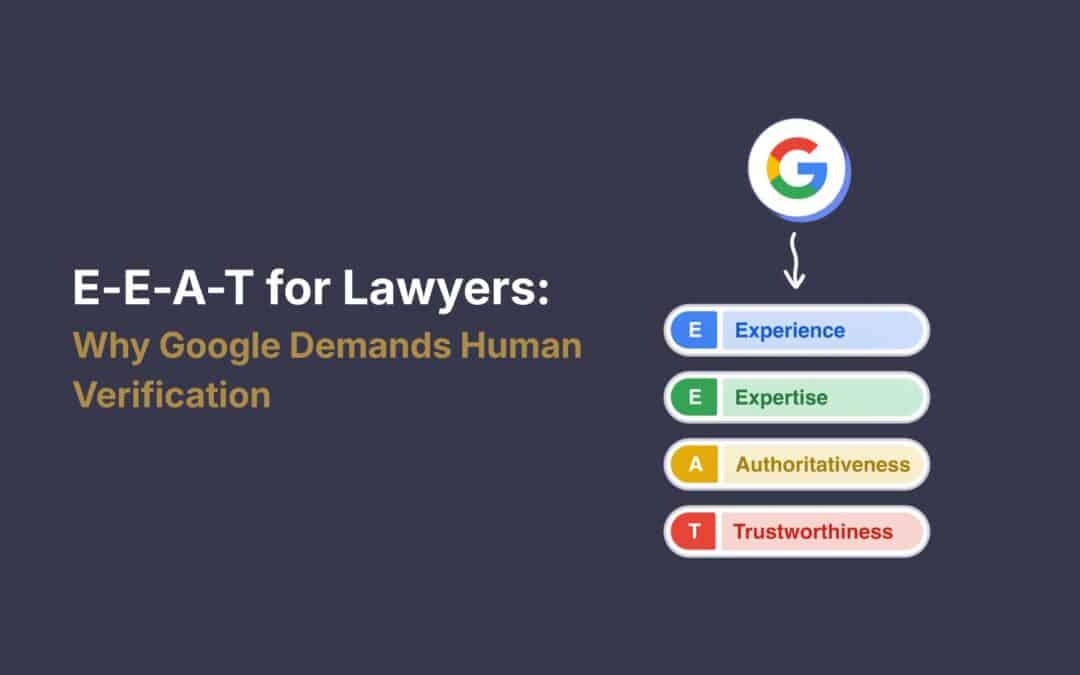Everyone has heard of SEO, or search engine optimisation, but who really knows what it means and more importantly whether it will help generate extra traffic to your law firm website and at what cost.
Many consumers look online when trying to find a lawyer, mainly via search engines such as Google. Getting your firm to appear on top of search results is an ongoing process to ensure your website stays competitive and generates business.
It is now more important than ever that you can successfully market your law firm online and as a lawyer involved in the management or marketing of your legal practice you need to know that the tactics being used on behalf of your law firm are current and effective.
In this post I will provide you with the essential things you need to know about law firm SEO.
What are search engines and how do they work
To get a better understanding of SEO it helps to know a bit about search engines, what they are and how they work.
A search engine is an index of the content that exists on the web. Search engines create the index by researching what content exits on the web.
This is called crawling the web and it is carried out by software programs named robots or spiders. A robot visits your website, indexes what it finds and stores it in a database so it can be retrieved when someone is searching for the information.
At the most basic level SEO requires your website to be set up so that the search engines can crawl your website and easily index the information. It also involves telling the search engine that the content exists so that they know to index the information.
This short video from Google explains how search engines work in more detail.
How does a search engine determine the best results
When you type a search query into a search engine it instantaneously assesses the query and matches it with what it believes are the most relevant results from its index.
These results might be web pages, images, videos, PDF’s or other pieces of content. Search engines have sophisticated sorting algorithms which they use to sort through the index.
The sorting happens in a blink of an eye and the search engine will return pages it determines are:
Relevant
There are hundreds of factors that influence relevance and I will go into more detail on these below.
Important
Typically, importance is interpreted as popularity, the more popular a website page or document the higher it will rank in the search results.
Old SEO
Old SEO focused on trying to influence the search engine primarily by keywords and links, these techniques needed some level of website development knowledge and programming skills to be effective.
Things like page title tags (computer language page titles), meta descriptions (page descriptions), keyword density (search keywords), H1 tag (headings) and links from other sites were all important.
New SEO
Today, things that currently influence search results most are:
Content and user experience
New content on your website that is valued by your visitors. Valued because your visitors are engaging with that content by staying on your site or by sharing it.
Social Signals
Google+ 1’s, Facebook likes, tweets, retweets and social mentions
Links
Links to your website from relevant respected industry websites
Technology related factors
An experienced web designer with experience in the legal industry should be able to help you. Implementing the basic proven rules will help you achieve a higher ranking on search engines.
What can you do directly to improve your SEO?
Making your website an interesting place to visit is the key to SEO. You need to give your clients and potential client’s reasons to keep coming back to your website. You need to keep them interested and engaged. The best way to do this is to make sure that the information on your website is up to date, informative and useful to your target audience and the simplest way to do this is to set up a blog for your website. A communication channel between you and your clients.
Your website will generally be fairly static, the information will be updated from time to time but the core message and image that you want to project online won’t change much. On the other hand a blog is a dynamic place, it is easy to update regularly with fresh content like articles on current legal topics, interesting updates about the firms or milestones achieved by your staff.
Conclusion
There is no easy fix to SEO, it is a long term strategy that needs input from your law firm.
Get the basics right with an experienced web designer and then increase your chances of ranking higher in search engines by producing quality content that is regularly updated on your website.
If you are unsure if your website is optimised for search the first step is to get someone with experience in the area to do an SEO audit on your website. This should not cost an arm and a leg as there are a number of tools available that facilitate this process and produce a roadmap for improving the SEO on your site.
If you need any help please contact me.
About the author












